What is International Day of Women and Girls in Science?
International Day of Women and Girls in Science is recognized on the 11th day of February by resolution of the United Nations General Assembly on December 22, 2015.
The International Day of Women and Girls in Science is implemented by UNESCO and UN Women, in collaboration with intergovernmental agencies and institutions, as well as civil society partners, that aim to promote women in science. Its purpose is to promote full and equal access to participation in science for women and girls.
The Importance of Women and Girls in Science
Did you know that women make up only 28% of the workforce in science, technology, engineering and math (STEM), and men outnumber women majoring in most STEM fields in college? The gap is particularly high in the job fields of engineering and computer science.
“Greater diversity in the STEM workforce would offer significant benefits to Canadians by addressing skills shortages, increasing innovation and capacity, and providing a greater return on human resources investments,” says the Canadian Nuclear Safety Commission.

~ Did you know? ~
In Canada, women make up 28% of the workforce in STEM Careers.
The Importance here at Pinchin
Bridging the gap and recognizing women’s contributions at Pinchin is vital in promoting diversity and Innovation. We invited a few of our employees to share their thoughts and experiences on being a woman in science. Here’s what they have to say.
Meet some of the women in STEM careers here at Pinchin!
Jenny Pittman
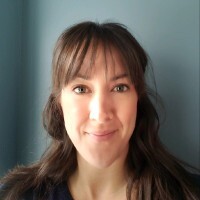
Jenny Pittman is a Project Manager in the Environmental Due Diligence and Remediation (EDR) group and has been employed by Pinchin Ltd. since 2022. Jenny holds a Bachelor of Science in Environmental Earth Sciences with Specialization from the University of Alberta and a Graduate Certificate in Groundwater Sciences from Flinders University, South Australia. Jenny is a Professional Geoscientist with the Association of Professional Geoscientists of Nova Scotia as well as the Association of Professional Engineers and Geoscientists of Alberta.
I always gravitated towards the sciences and excelled in these studies during my youth. Coming from a family of avid outdoorsmen, I was raised with a deep appreciation for the environment and an understanding of our interaction with it. When it came time to choose a path for postsecondary education, I knew I wanted something that would allow me to explore the world and work outdoors, rather than being confined to a desk. I explored biology and ecology before finding my passion in the geosciences, particularly hydrogeology, due to its interdisciplinary nature and the increasing awareness of global water scarcity. Recognizing an opportunity to merge my love for travel and science with the desire to contribute positively, I pursued this field.
Throughout my career, I have gained diverse experience across various industries, continuously advancing my expertise in geosciences. Currently, I am engaged in managing phased contaminated site assessments.
Increasing the presence of women in science is crucial for breaking down barriers and paving the way for future generations. Over the course of my career, I’ve witnessed significant progress, evolving from being the sole woman on a project site to working alongside many others, several of whom hold leadership positions. Breaking down these barriers allows women to shift their focus from the challenges of climbing the career ladder to the scientific objectives at hand.
Rochelle Drumm
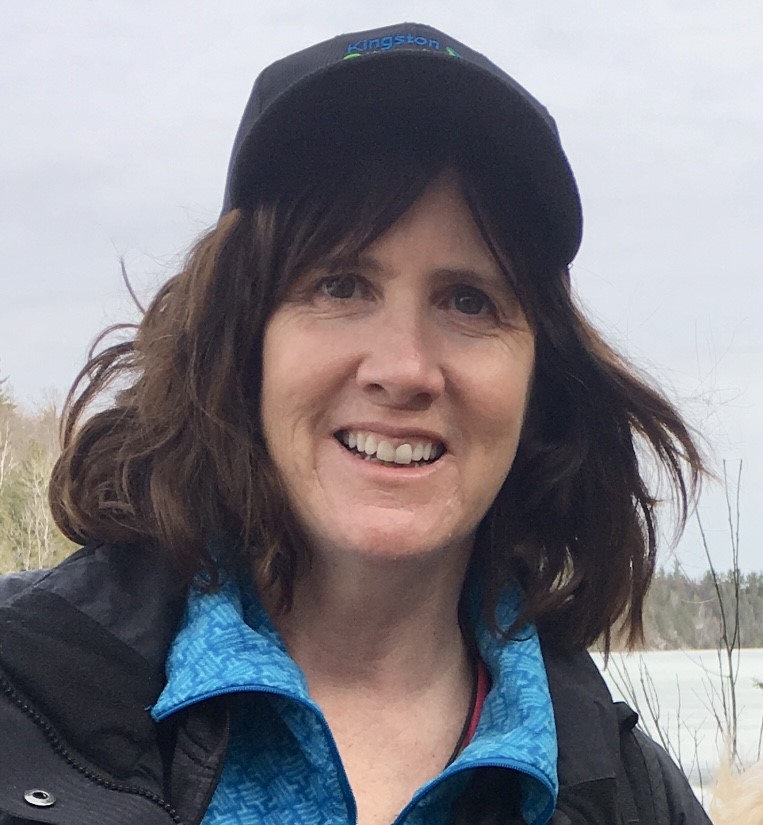
Ms. Rochelle Drumm is a Senior Engineer in the Environmental Due Diligence and Remediation (EDR) group. Rochelle holds a Bachelor of Science in Geological Engineering and a Master of Science in Engineering, both from Queen’s University. Rochelle is a licensed Professional Engineer in Ontario
I’ve been drawn to the world of science because the natural world and the underlying principles governing its phenomena have always fascinated me. My interest in science is also fueled by my genuine enjoyment of problem-solving and the potential for science and engineering to make the environment and people’s lives better.
I’m excited about the future of women in science because I’ve seen first-hand how many of the new faces and smart minds in our field are women and how men and women are working together to dismantle outdated barriers of gender biases, stereotypes, and unequal opportunities. This collaborative effort helps both women and men in science today to confidently pursue their passions, benefiting from the diverse backgrounds they bring.
When my own daughter asked me if I thought engineering was a field in which she could thrive, I didn’t hesitate to encourage her to follow her own curiosity and have confidence in how her ideas and passion could make a positive difference in the world.
Shawna McIntyre
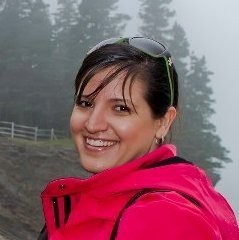
Mrs. Shawna McIntryre is a Professional Engineer who is recognized in the environmental discipline of Engineers Nova Scotia and Engineers Ontario Shawna has been involved with inspecting and monitoring a diverse range of indoor air quality and occupational hygiene consultation relating to airborne contaminants including bio-aerosols (fungus and mould), asbestos, mercury and infection control during construction in health care environments.
If you asked me as a child what I wanted to be when I grow up, my answer would not have been an Engineer. My grandfather always said that the key to success was an education. He said that once we had an education it was something that would always be ours and could never be taken from us. So, I always knew I wanted to get an education, just not sure in what field.
Reflecting back, I don’t think I chose Science but rather it chose me. I always had a desire to understand the “Why?”. Why things happened the way they did. Why things worked the way they did. Whether it was for things in nature (What caused the waves to crash against the shore?) or mechanical/ man-made devices (How did sound come from my vinyl records when I placed the needle on it?). As I got older, I discovered that science had the answers to these questions.
So I found myself studying Chemistry in University; learning as much as I could about the Why’s of our world. Then I discovered engineering which provided an opportunity to put all the why’s into use and apply science in the real world, in the day to day.
I think when people think of a career in science they think of being in a lab, wearing a white lab coat and safety glasses and performing research. While this is a very important part of answering our Why’s as well as discovering What Could Be, it is only one aspect of science. In today’s world, science and technology is everywhere. From the cars we drive, to our smart watches, appliances, and TVs, to the computers we carry around with us. The opportunities to have a career in science have never been more abundant.
I started this path over 30 years ago. I never felt once that science wasn’t an option for me. I had the privilege of it being one of many options due to the generations of women before me who fought to unlock those doors. I just had to pick the one that was right for me and open it. I hope that women of all ages, when thinking of what their careers and lives can be, that they are comfortable in exploring science and engineering. I hope that they at least ask the question, “Why not Science”?
Tori Frame

Ms. Tori Frame is a Senior Project Technologist in the Environmental Due Diligence & Remediation (EDR) group and has been employed by Pinchin Ltd. since September of 2021. Tori pursued a Bachelors Degree in Environmental Studies/Urban Sustainability through Toronto Metropolitan University and was also accredited with a Certificate in Environmental Field Techniques through Cambrian College.
When it came time to choose a career path, I couldn’t think of anything more daunting than a job sitting inside at a desk every day– it just wasn’t for me. So, like any young hopeful, I chose to focus broadly on what I enjoyed most and opted to study in the environmental field, hoping to end up outside and without a clue of which direction to take to define my enthusiasm.
The job field was competitive and being indecisive did not do wonders for my confidence. Being a woman, I always worried I would be beat out by someone stronger, and more physically equipped for an outdoor job, even if I knew I was fully capable. I found it reassuring to hear from friends and acquaintances how few people ended up doing something that they studied, but I always still wished I would find myself in a career doing something that I intended to.
When I came to Pinchin, not only was my manager a woman, but the majority of the office was too!
Since then, I have had the opportunity to learn from and rely on these female figures and see their successes. As a woman in science, I find it empowering to have such opportunities and take pride in the work that I do. What excites me most about the future are the boundaries that I know and have seen being pushed. I can only hope to contribute to this by cheering on and giving other woman the opportunity to do so as well.
Carolyn Prentice
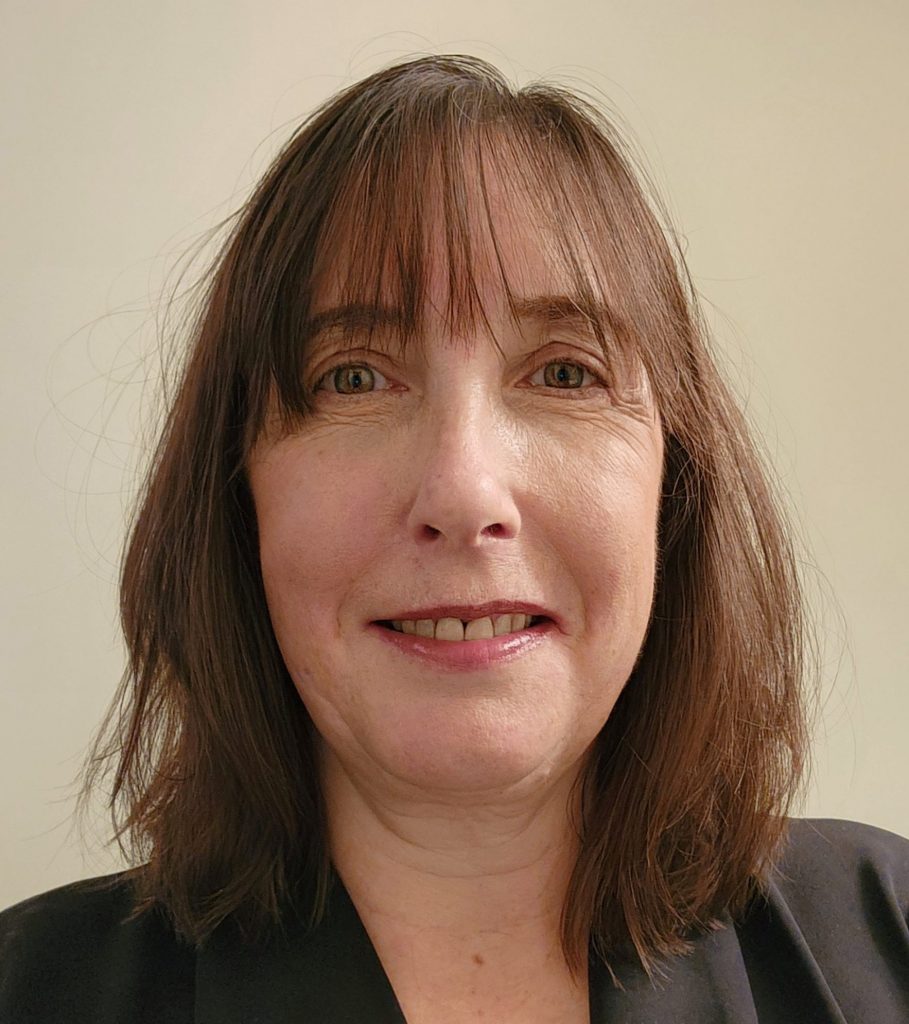
Carolyn Prentice is a Senior Project Biologist for the Environmental Science group at Pinchin Ltd. Carolyn holds a Bachelor of Science in Wildlife Biology from the University of Guelph and is enrolled in the Master of Science(M.Sc.)in Environmental Practice program with Royal Roads University. Carolyn is an ISA Certified Arborist® and has Tree Risk Assessment Qualification credentials. She is a member of the Society of Wetland Scientists, International Society of Arboriculture (ISA), and ISA Pacific Northwest Chapter.
I loved stomping around in the woods at the cottage with my grandfather as a child. It was the epitome of childhood bliss of the natural world being woven into my DNA. I had such a love of animals and thought I would become a veterinarian. I wanted to work with big animals on farms but having grown up as a ‘city girl’, I was more likely to be destined for small creatures in a clinic. Not one to be bound by brick walls, I switched my educational pursuits to specialize in wildlife biology.
Even after all these years, I am still just as fascinated, curious, and passionate about the environment. Every day in the field is a kaleidoscope of exploring and interacting with other likeminded people. Being a woman in biological sciences has allowed me to continuously stretch my learning and it is never boring. More recently, it has been exciting to work with and mentor women who are at the beginning of their careers in the industry. They are incredibly smart, capable, and empowered. I am inspired by knowing that opportunities for women in science continue to evolve and there are no limits to our ambitions.
Dixie Ortiz
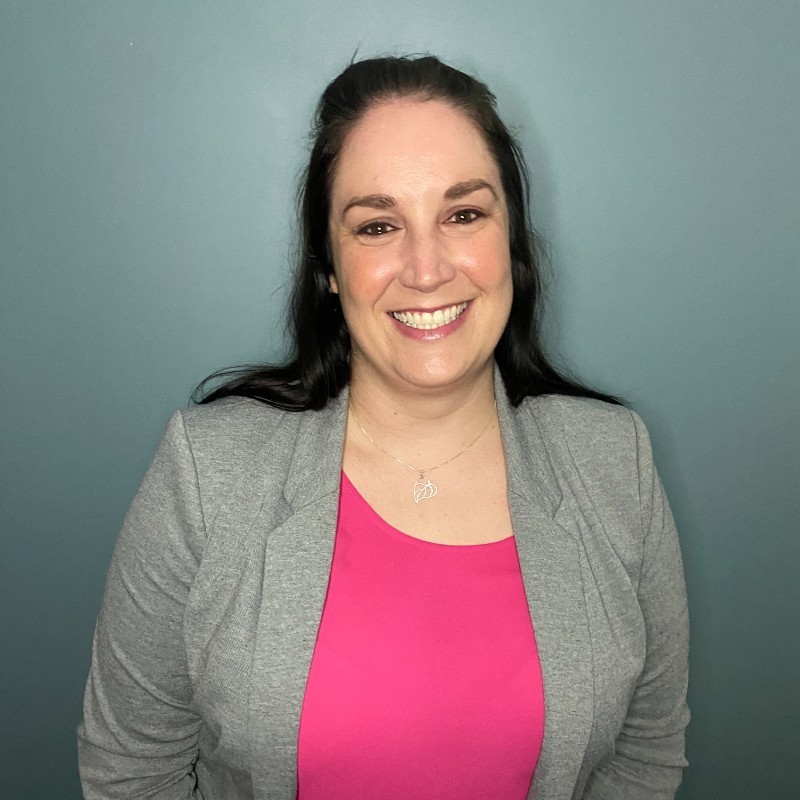
Dixie Ortiz is a Senior Project Manager for the Environmental Due Diligence & Remediation group at Pinchin Ltd. Dixie holds a Graduate Certificate in Environmental Monitoring and Impact Assessment from Cambrian College and a Bachelor of Science in Earth & Planetary Science and Physical Geography from the University of Western Ontario.
I was inspired to pursue natural sciences primarily from two people in my life: my grandmother and a favourite teacher. My grandmother was a well-respected elder in the Indigenous community of Toronto, passing on teachings of a web of interconnectedness in the world. While learning one of Chief Seattle’s most famous speeches, “Humankind has not woven the web of life, we are but one thread within it. Whatever we do to the web, we do to ourselves. All things are bound together, all things connect”, I joined a high school science class, taught by a woman who was practicing this way of life in modern society. I admired her knowledge, her career and the way she was raising her family. That teacher brought two of my worlds together, showing me that I can succeed in the modern world and still respect the teachings of my ancestors.
Thinking about Women in Science, makes me think of my grandmother, of that teacher, and each woman I have encountered in my career. To me, Women in Science is not limited to women practicing a scientific profession, but anyone who has inspired someone or has been inspired by a dream to make the world a better place for the next generation. If I can be that inspiration for at least one person in my lifetime, I will consider myself a successful Woman in Science.
Elizabeth DeCurtis
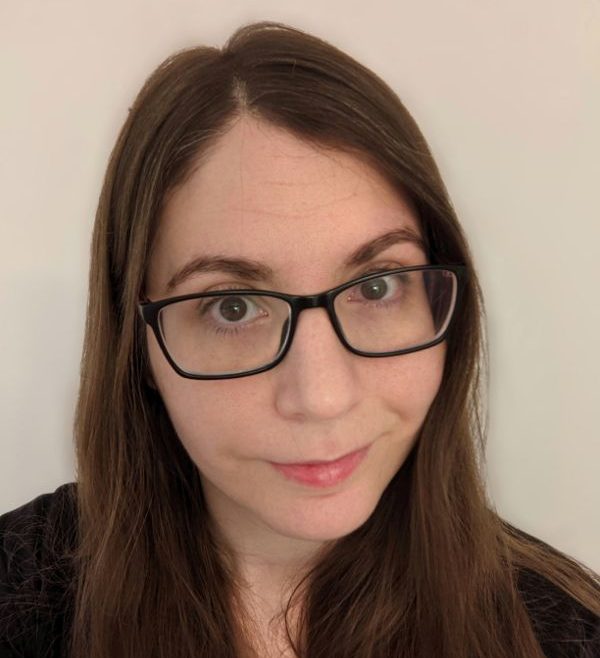
Elizabeth DeCurtis is a Data Entry and PCM Administrator for the Environmental Asbestos Laboratory Services group at Pinchin Ltd. Elizabeth has over 15 years of laboratory experience with an emphasis on molecular biology techniques. Bilingual, Elizabeth has an Honours Bachelor of Science Degree in Biochemistry from University of Ottawa.
I have worked in the Asbestos Lab for nearly 17 years now. While we have a few male colleagues in the lab, most of the staff in the lab are female. Once, when I was a new analyst, I was analyzing a vermiculite sample. Many of you already know that vermiculite refers to shiny, golden, puffy rocks that were once used as attic insulation. It is common for vermiculite to be contaminated with asbestos fibres, and our lab analyzes it regularly. Before we mount up a vermiculite sample on a slide, we pour it into a dish and go through it with tweezers, while looking through our stereoscope. On this occasion, I was looking through my stereoscope when I came across what looked like a twig or a stem. When I prodded it with my tweezers, it seemed like the stem was attached to something larger. I shifted the vermiculite around to get a better look and gave a sudden shout of surprise: I was looking into the magnified face of a perfectly mummified baby mouse. The “stem” was, in fact, a tail.
My shout got the attention of everyone in the lab, but when I explained the situation, did they say: “Ew, gross!” and go on with their day? Of course not. Instead, we all took turns looking at this tiny mouse corpse with equal parts curiosity, disgust, and fascination. We then removed him from the vermiculite and put him into a glass sample jar. His name was Crunchy, and he was our mascot for years. Sadly (?) he did not survive the move to the new lab building.
I think a lot of the time when we think about “women in science,” we picture a woman with a dozen letters behind her name, leading an innovative research team, and making incredible scientific breakthroughs. But I do not think that’s a realistic picture for most women in science. Having spent years working in a female-dominated lab, when I think of “women in science,” I picture a group of intelligent people who apply their scientific training in practical ways that help our clients, every single day. I see people who had the skillset to make hand-sanitizer for their co-workers when it was impossible to find in stores. I see friends who share a morbid curiosity of the world around them. Contributions to science can take many forms, and while it’s certainly important to celebrate the women who have made incredible discoveries, let’s also celebrate the women who use science in its more practical ways. Heck, let’s even celebrate the women who put tiny corpses into jars.
Samantha Cunningham
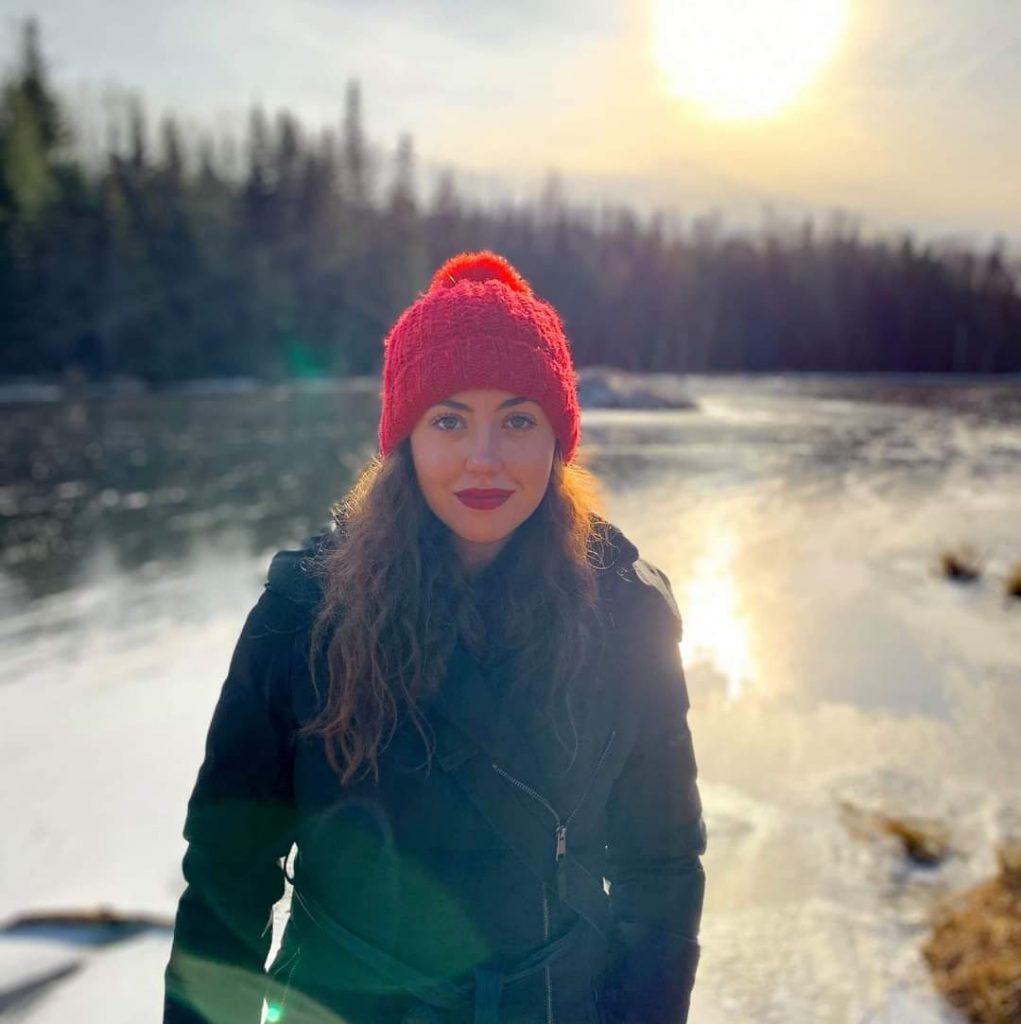
Samantha Cunningham is an Environmental Technologist in the Hazardous Materials group at Pinchin Ltd. Samantha has a Diploma in Environmental Technology from the New Brunswick Community College. She is certified in both Fast and Flat-Water Canoeing through Paddle Canada and has a Certification for Basic Chainsaw Safety, Operation and Maintenance through NBCC. Samantha also has software training and a full certification in ArcGIS Online.
To me, being a woman in science is special because I truly get to do what I love. I have always had a deep curiosity for the natural world and its inner workings. Pursuing the sciences as a career feeds into that need to challenge myself in ways that allow me to grow as a person. My appetite for knowledge is never quite satisfied and a quick paced environment has been very attractive. Pursuing what you love with the challenges of being a woman can often be daunting, due to social biases and lacklustre support systems. As a woman in science, I think I have the responsibility to create room for other women to be able to grow and pursue their dreams. I want to make more space for women in science, so others may experience the excitement, joy and satisfaction from their careers as I have. I want to exist in a space where we do not limit ourselves.
Dr. Theresa Phillips

Dr. Theresa Phillips is the National Risk Assessment Lead for the Environmental Due Diligence & Remediation group at Pinchin Ltd. Dr. Phillips has over twenty years’ experience in environmental consulting and remediation. Her work in toxicology, genetics, biochemistry and cancer research has provided a varied scientific background and expertise in the biochemical processes involved in contaminant degradation.
I began my scientific studies in Kinesiology because I wanted to work in a sports-related field, but by mid-first year, the talk of cadavers scared me off and because I had a keen interest in nutrition and metabolic pathways, I switched programs to Biochemistry. Neither I, nor the rest of my family, had any idea what one did with a science degree other than perhaps teach high school chemistry or work in the refineries at Chemical Valley in Sarnia where I grew up.
I became very fascinated with toxicology by fourth year, as the study of how chemicals affect our bodies on a cellular level, including how we biodegrade things and what happens next. I feel privileged to be working in a field that marries all these interests with my propensity for business and critical thinking; having traveled this path on my own and landing somewhere that I’m actually happy at my job might be one of the things I’m most proud of as a “Woman in Science”.
I’ve never felt “out-numbered” as a woman but that might be because I’m not the type to really pay attention to what others are doing, keep score, or let that change my course. I’m very internally driven and self-motivated, not to mention having a lot of confidence in myself (I thank my parents for that), so it never occurred to me that pursuing my goals was at all unusual just because I was a woman. However, I realize that not all women are blessed with such a sense of self and when I look back through history or consider social situations in other countries, I feel so privileged to live in a country where I can study and work in any field I choose. My hope is that the future brings further progress to address inequity with respect to opportunities and pay in scientific fields, for women everywhere, including Canada.
Linda Drisdelle
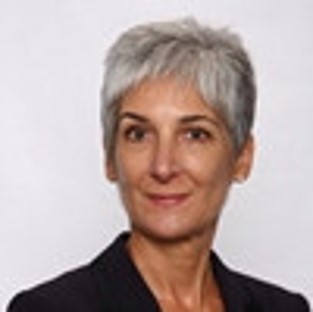
Linda Drisdelle is a General Manager with the Emissions Reduction & Compliance group at Pinchin Ltd. Linda holds a MBA and Bachelor of Applied Science from the University of Toronto, a Master of Engineering from the University of Ottawa and is a member of the Professional Engineers of Ontario.
Society has invested heavily in inspiring young women into STEM* careers over the past 4 decades. The results in general are deemed disappointing for two reasons – first, the numbers are nowhere yet near parity between women and men in these fields and secondly, many women “leave” these fields early in their careers.
I would like to address the second point about it being a ‘failure’ that women leave their ‘STEM’ careers behind. Some research suggests that many of these disappointing women who after much societal investment gained in their “non-traditional” education in STEM and then leave – do so to become managers of technical departments and CEOs of technology-based companies. In these roles, they are not moving away from STEM, but they instead arguably are playing a more important and influential role in STEM industries.
It is time we changed the narrative. It is not a disappointment that few women choose STEM, instead, it is a celebration that proportionally for those that do – can move quicker to more influential and impactful roles that shape the experiences STEM provides all society.
Silvana Wu
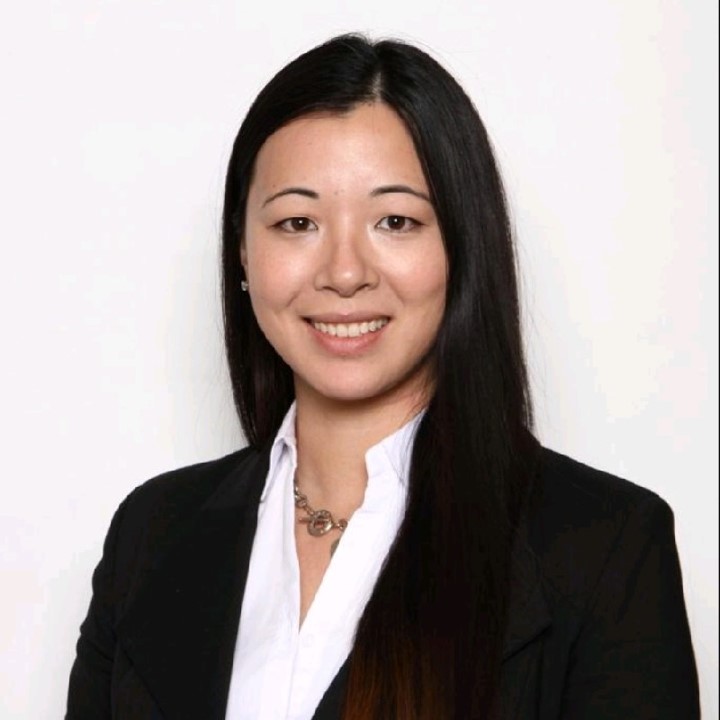
Silvana Wu is a Senior Project Manager in both the Alberta Hazardous Materials and Indoor Environmental Quality (IEQ) groups. Silvana holds a Bachelor of Science Degree in Chemical Engineering from the University of Calgary. She started her career in the Oil Sands field in the Environment, Safety and Social Responsibility group assisting with the development of the Phase II Environmental Impact Assessment application process.
I distinctly recall my first “love at first site” moment with science. I was fifteen, sitting in my school uniform at the front bench in the lab at my school in Peru. Our science teacher had asked each student to bring an old, cheap piece of jewelry to class or basically anything made of metal. My friend and I brought in old, discoloured necklaces that we didn’t use anymore, I remember one of the boys brought in his fork from lunch as a joke. The electroplating experiment was setup like any other boring school experiment we got accustomed to at that age. I don’t recall thinking that this experiment was going to be anything out of the ordinary that morning, but for some reason when those old pieces of jewelry (and fork) was transformed into brand new shiny treasures, my curiosity towards science and engineering was born.
After high school I decided to study engineering at a private university in Lima, Peru. Entry into engineering programs is different than in Canada. If you are not the first or second in your graduating class academically or athletically, you must write an entrance exam to enter the program of your choice. At the time, there were about 2,500 students vying for the 200 seats available to study general sciences. Approximately 99% of the students writing the exam were male. I was able to score within the top 200 of the group and within a couple weeks of starting university quickly became good friends with the two other girls in my class and were inseparable for two years.
Fast forward a couple years, I found myself studying chemical engineering at the University of Calgary. My daughter was born two days after final exams were taken at the end of my first semester of my first year of the program. I had two weeks to recover before going back for my second semester. I was blessed to have a circle of friends with women who would let me photocopy all of their notes when I was too tired to go to class and who would spend hours with me to study for exams.
During my engineering program, I spent a year as an intern in the environmental department of a large oil and gas company. Our director and about half of the senior executive managers I met were female, at the time I didn’t realize how having women in those positions shaped how I now define having a “work/life” balance. I saw these women in senior positions while also raising families and wanted to be like them.
I’ve been extremely blessed to have had many special women throughout my life who without their support, I would not be where I am today. As a woman in science, I believe studying and working in this field not only requires hard work and a strong interest in science, but also a strong network of friends who genuinely want the best for each other and are there to hold you up when you need them
Lorena La Osa Gómez
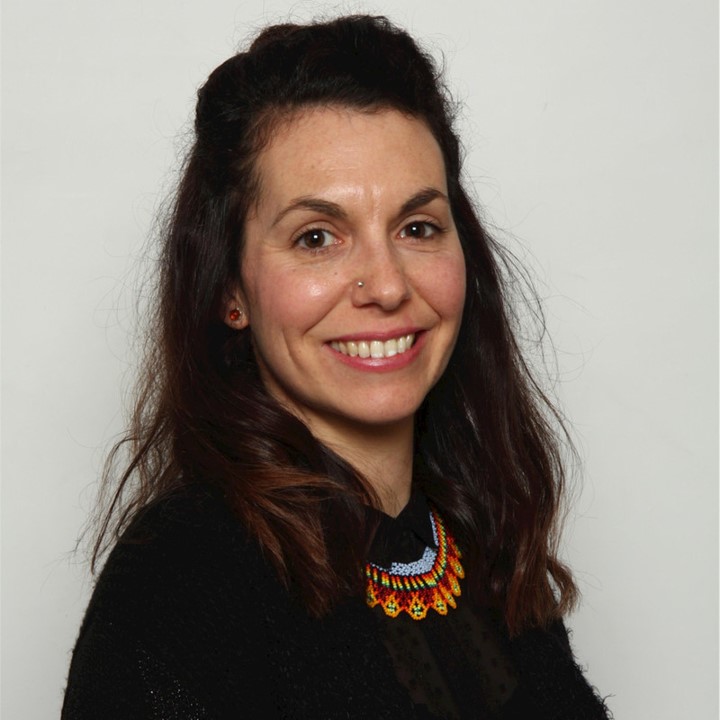
Lorena La Osa Gómez is a Project Manager in the Environmental Due Diligence and Remediation (EDR) group. Lorena holds a Master of Engineering in Geological Engineering and a Master of Science in Environmental Research, Groundwater Modeling and Risk Assessment from the Polytechnic University of Madrid (Spain). Lorena is working towards a designation as a Professional Engineer with the Association of Professional Engineers and Geoscientists of Alberta (APEGA).
When I was a child, my dream was to be a dancer. I felt the passion and plenitude that dance provided me during many years, until I decided that obtaining an engineering degree was the best for me. I do not know if I was right or wrong, but it was my decision nor anybody else. At that time, I wanted to study a degree that combined art and science but that was very difficult to find. Then, I looked at options related in some way with nature, and I chose Geological Engineering after a disastrous start in Civil Engineering. Soon I discovered the potential of Contaminated Sites and Risk Assessment field. Thanks to one of the best professors I had, I started my thesis and Masters in this area. I have been working on this discipline ever since and I am still motivated to learn something new every day.
I grew up in a family where everyone was proud of me because I always worked very hard and reached my goals, even when my self-confidence was low. I always will be grateful for my parents’ support even when I said goodbye to live in Canada. Over the years my decision has caused them some suffering but also happiness too.
As a woman in science, I feel lucky to work in a the field I’ve chosen, surrounded by my colleagues and family that respect, value and motivate me. I am aware that other women do not have that luck in their life and their fight leaves a deep mark on me, because I really think they are heroes. I will fight with them on my day to day as a professional, as a mother and as a wife, for the future of so many girls like my daughters, to ensure they have a future full of opportunities. I am committed to contributing, even if in a small way, to help build their confidence and help them to feel strong enough to be able to reach their dreams and do whatever they want to do because, I truly think, they can.
Working Towards Closing the Gap
Pinchin recognizes the need for talented and creative ability of all our people, to stay competitive and foster an environment that will allow women to thrive in a career in science.
If you are currently studying or are a professional within the field of science, or know someone that is, and would like to learn more about joining our team in a co-op opportunity or professionally at one of our 42 offices across Canada, visit our careers page.
Related Links
SCWIST (The Society for Canadian Women in Science and Technology)
Women in Science – Government of Canada
CCWESTT (The Canadian Coalition of Women in Engineering, Science, Trades and Technology
2021 International Day of Women and Girls Science presentation on YouTube hosted by UHN, in partnership with the Durham District School Board